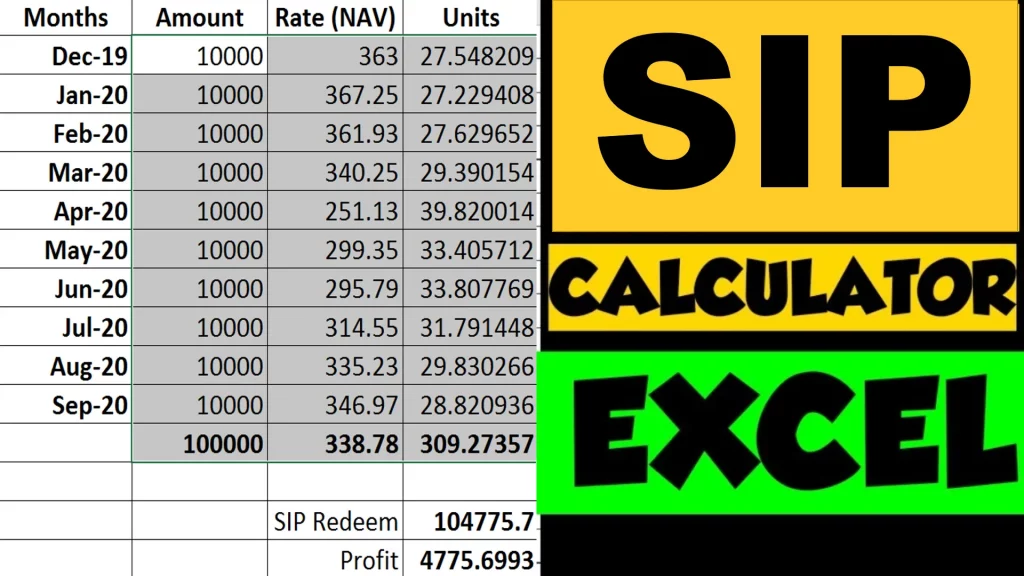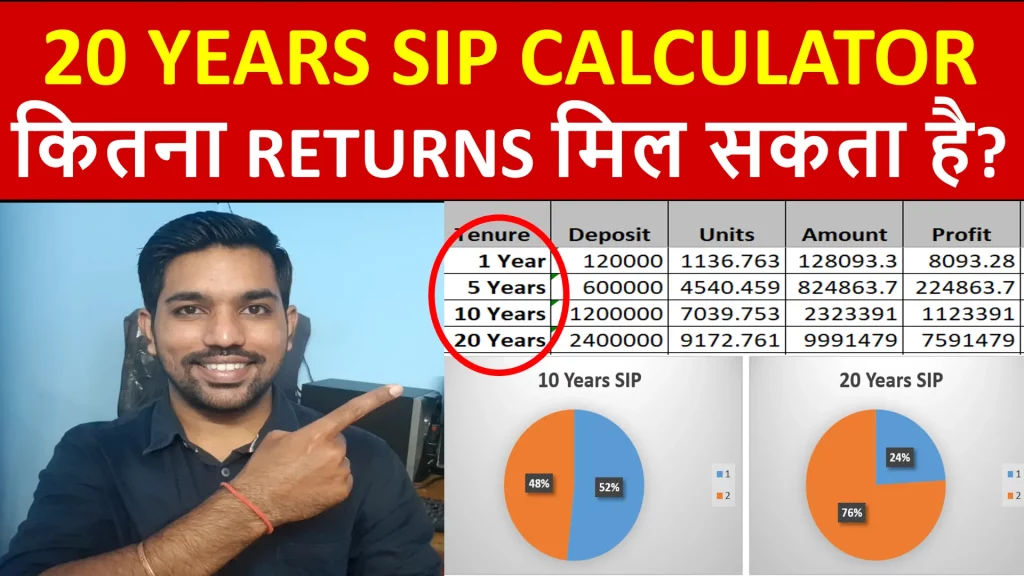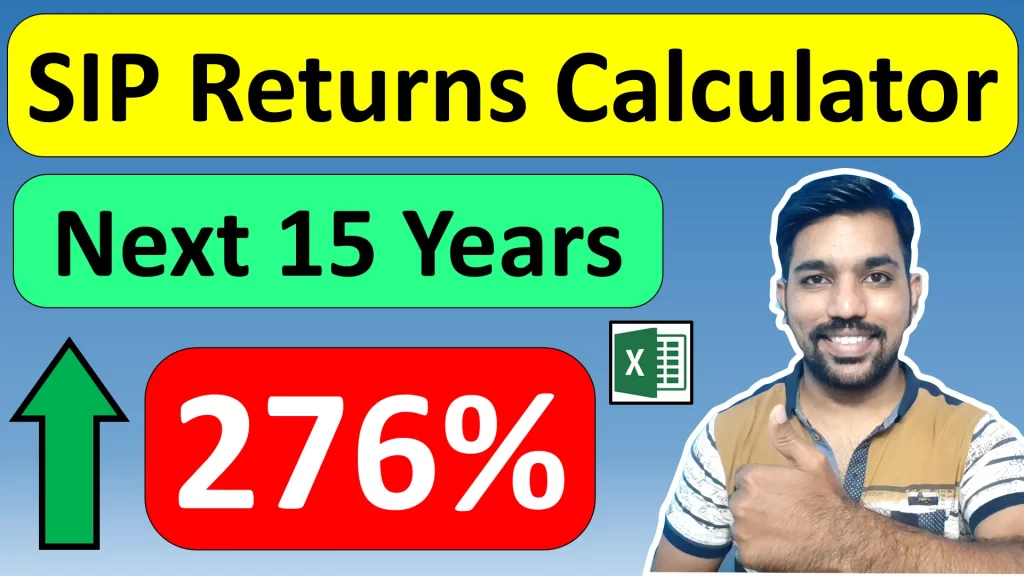Fund of Funds in Mutual Funds is a type of mutual fund that invest in other Mutual Funds. Unlike other mutual funds which mostly invest in stocks and bonds, fund of funds (FoF) usually invests in equity or debt mutual funds and hence diversify the portfolio with just one mutual fund that is called fund of funds. These funds help you to diversify your investments across various asset classes and do not have high risk due to diversification.
Let us understand more about FoF in detail.
What is Fund of Funds in Mutual Funds?
- Fund of Funds in Mutual funds invests in other mutual funds to diversify your portfolio
- So let’s say you want to invest in 3-4 mutual funds, so instead of investing in them separately, if there is a FoF that invest in these mutual funds, than you can invest in this single FoF
- These funds can invest in in the mutual funds belonging to same fund house or different fund houses
- They can also invest in funds belonging to foreign fund houses
- Due to investment in various mutual funds, these funds have low risk and provide diversification to your portfolio
- They can either belong to equity mutual funds if they invest in a list of equity funds or debt mutual funds if they invest in funds with debt instruments
- One limitation is that FoF usually have high expense ratio
Let us now see how FoF work.
How Fund of Funds Works?
The working of FoF in mutual funds is quite simple:
- The fund manager selects multiple mutual funds to be included in the FoF
- These funds can belong to equity or debt or both types of instruments
- The goal of the fund manager is to select the mutual funds as per risk appetite and profile that is mandated as per this mutual fund rule
- Your assets allocated to this FoF are invested in this list of mutual funds to provide diversification
- So let’s say you want to invest in large cap and small cap index mutual funds and you done want to invest in them separately. If there is a fund of fund (FoF) that invest in these two indices, you can select this fund of funds and with just one investment you fulfill your needs
Love Reading Books? Here are some of the Best Books you can Read: (WITH LINKS)
Types of Fund of Funds
There are various types of Fund of Funds in Mutual Funds mentioned below:
Asset Allocation Funds
Asset Allocation funds are the type of FoF that invest in various assets like equity, bonds, gold, commodities and precious metals. The goal is to diversify the portfolio to get better returns with low risk by investing across various asset classes
Gold Funds
These fund of funds invests in physical or virtual golds and even companies that trade in gold or who are involved in mining of gold. So those mutual funds that usually deal in gold investments are included in this FoF.
Multi Manager Fund of Funds
This is the common type of FoF in which the investments are made in multiple mutual funds, each of which is manager by professional fund manager who is assigned to those individual mutual funds. These individual mutual funds invest the investors money in classes such as pure equity, or pure debt of hybrid mutual funds.
In this fund of funds you get the advantage of have a portfolio of mutual fund with just one mutual fund selected.
International Fund of Funds
These funds invest in mutual funds of foreign countries. This gives the opportunity to take advantage of stocks and bonds of other countries that are performing well, to give you high returns.
ETF fund of funds
Investing in ETF fund of funds gives you an advantage of investing in multiple ETF without having a Demat account. The limitation of ETF fund is that you need to have a Demat account and ETF tend to be volatile as they are bought and sold in open market like stocks. Where as ETF FoF will avoid the volatility that you have to face.
So above are the various types of fund of funds in India.
Advantages of Fund of Funds
Below are some benefits of investing in fund of funds:
- Diversification: Since FoF invest in multiple mutual funds, these funds provide diversification with your investment since your money is invested in various asset classes and not in one stock or mutual fund
- Investment with Low Capital: In case you want to invest in 3-4 mutual funds with limited amount of Rs. 2000 per month, you can invest in a FoF that invest in these 3-4 mutual funds with limited capital every month, thus achieving your goal to invest in multiple funds with just one mutual fund
- Multiple Professional Managers: Fund of funds invest in other mutual funds that are manager by professional fund managers which tries to maximize the returns from underlying stocks under their mutual funds, so you get the opportunity to use experiences from multiple professional managers
ALSO READ: Ideal Portfolio of Mutual Funds
Disadvantages of Fund of Funds
There are certain limitations while investing in fund of funds:
- High Expense Ratio: The expense ratio of fund of funds is high compared to standard mutual funds, because it involves in selecting multiple mutual funds from various asset classes and to deploy your investments as well, apart from handling the amount and fees of the fund managers
- Income Tax: You need to pay income tax on the redemption of the mutual fund units only on the profits made and not on the principal amount. The tax can be on short term capital gains or long term capital gains based on the tenure of investment done
- Over Diversification: Even when your investments are diversified, it can lead to overdiversification if you are already investing in couple of mutual funds and want to invest in FoF which also invests in those mutual funds that you are already investing
Things to consider as an Investor
As an investor you need to check the expense ratio of funds of funds and also the list of mutual funds that these funds invests in. You need to select the experienced fund manager that will invest as per your risk appetite and consider other tax implications as well.
You need to check whether you are not over diversifying your portfolio of mutual fund investments when opting for FoF.
Conclusion
So fund of funds in mutual funds helps you to invest in a list of mutual funds based on your risk appetite. So instead of having multiple mutual funds in your portfolio, you can select a single FoF mutual fund that invest in multiple funds for you.
Some more Reading:
- What are Index Mutual Funds [Examples]
- Types of Mutual Funds in India
- Rs. 1000 Mutual Fund Returns Calculation
Frequently Asked Questions
What is the full form of ETF and FoF?
ETF full form is Exchange traded funds which are bought and sold in open market and are volatile in nature. FoF full form is Fund of Funds that invests in list of mutual funds in order to diversify your portfolio.
What is Fund of Funds with example?
Some of the examples are ICICI Prudential Thematic Advantage Fund (FOF), Aditya Birla Sun Life Financial Planning FOF Aggressive Plan, Quantum Multi Asset Fund of Funds, etc.
What is the use of fund of funds?
Fund of Funds help you to diversify your investments by investing in multiple mutual funds with the help of just one mutual fund. This helps you to take advantage to investing your money across various asset classes.
What is the difference between ETF and fund of funds?
Investing in ETF FoF gives you an advantage of investing in multiple ETF without having a Demat account. The limitation of ETF is that you need to have a Demat account and ETF tend to be volatile as they are bought and sold in open market like stocks. Where as ETF fund of funds will avoid the volatility that you have to face.
Save Home Loan Interest Amount!
Use Home Loan Excel Calculator that will help you to Save Interest Amount on Home Loan EMI.
Click below button to download Home Loan EMI and Prepayment Calculator in Excel:
Watch how Home Loan Calculator in Excel Works
Income Tax Calculator App – FinCalC
For Income Tax Calculation on your mobile device, you can Download my Android App “FinCalC” which I have developed for you to make your income tax calculation easy.
What you can do with this mobile App?
- Calculate Income Tax for FY 2025-26 and previous FY 2024-25
- Enter estimated Investments to check income tax with Old and New Tax Regime
- Save income tax details and track regularly
- Know how much to invest more to save income tax
- More calculators including PPF, SIP returns, Savings account interest and lot more

Use Popular Calculators:
- Income Tax Calculator
- Home Loan EMI Calculator
- SIP Calculator
- PPF Calculator
- HRA Calculator
- Step up SIP Calculator
- Savings Account Interest Calculator
- Lump sum Calculator
- FD Calculator
- RD Calculator
- Car Loan EMI Calculator
- Bike Loan EMI Calculator
- Sukanya Samriddhi Calculator
- Provident Fund Calculator
- Senior Citizen Savings Calculator
- NSC Calculator
- Monthly Income Scheme Calculator
- Mahila Samman Savings Calculator
- Systematic Withdrawal Calculator
- CAGR Calculator
I’d love to hear from you if you have any queries about Personal Finance and Money Management.
JOIN Telegram Group and stay updated with latest Personal Finance News and Topics.
Download our Free Android App – FinCalC to Calculate Income Tax and Interest on various small Saving Schemes in India including PPF, NSC, SIP and lot more.
Follow the Blog and Subscribe to YouTube Channel to stay updated about Personal Finance and Money Management topics.









